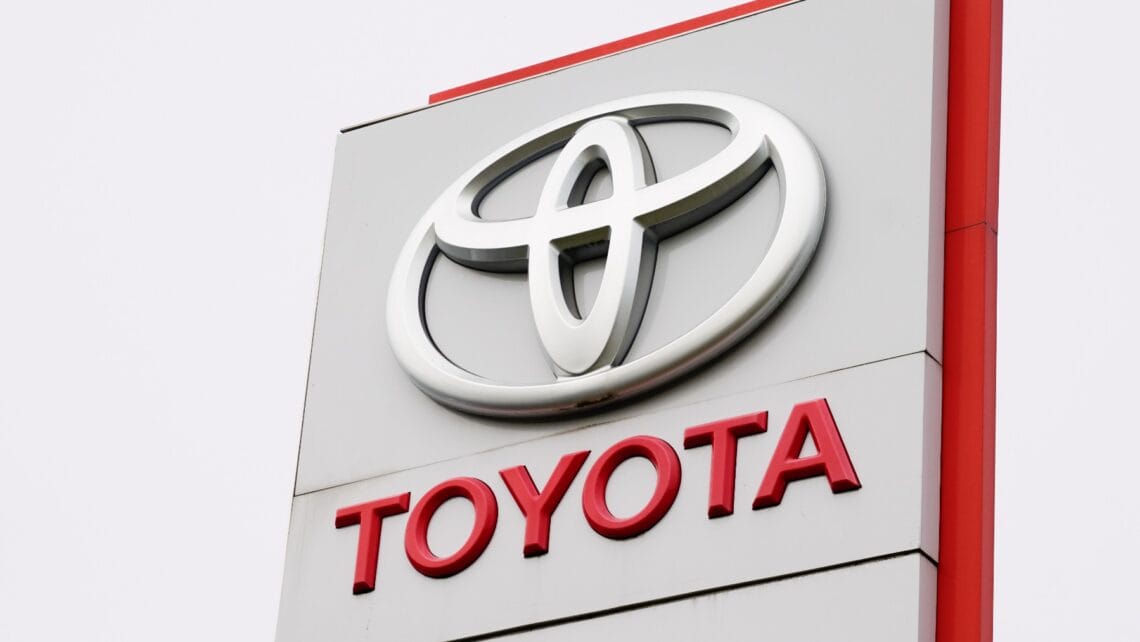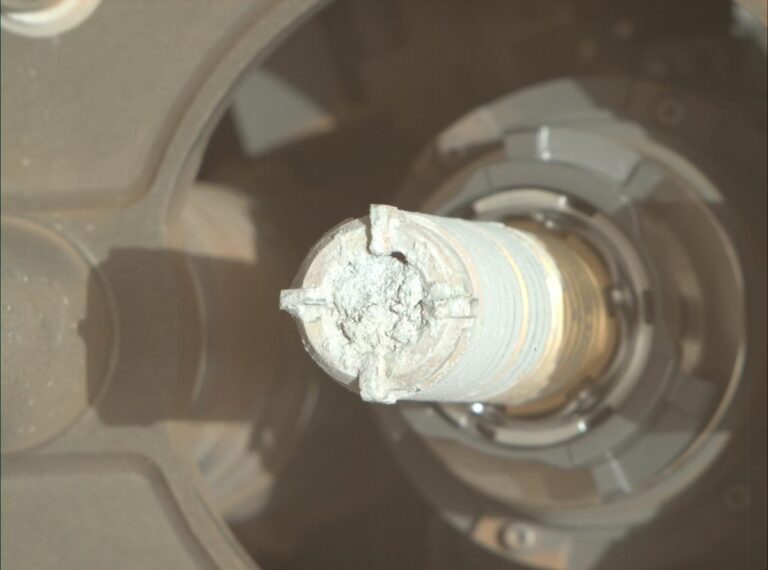Toyota is dealing with one of its most extensive recalls after identifying a critical defect in the V-6 twin-turbocharged engines found in its Tundra pickup trucks and Lexus LX SUVs. The issue, which affects vehicles from the 2022 and 2023 model years, specifically those produced between November 2021 and February 2023, has forced the company to take unprecedented action to ensure safety.
What’s the Issue?
The defect relates to machining debris left in the engine during production, which can lead to serious problems like engine knocking, rough operation, difficulty starting, and in severe cases, a sudden engine stall while driving. This increases the risk of accidents, making it a significant safety concern. Toyota first identified the issue in May 2024 and reported it to the National Highway Traffic Safety Administration (NHTSA), estimating that approximately 1% of the 102,092 potentially affected vehicles might show signs of the defect.
A Drastic Solution: Full Engine Replacement
Given the uncertainty surrounding the number of affected vehicles, Toyota opted for a radical solution: replacing the engines in all potentially impacted vehicles. This includes approximately 98,600 Tundra pickups and 3,500 Lexus LX SUVs. Toyota’s decision to replace the engines instead of attempting smaller fixes underscores the severity of the issue. However, it’s important to note that hybrid models of the Tundra are not included in the recall, as their electric motors can still function in the event of engine failure.
How the Problem Was Uncovered
The investigation began in March 2022, when a customer reported an engine stall. Toyota discovered that the main engine bearings had seized, leading to a deeper investigation. By 2023, the company had accumulated 166 technical reports and 824 warranty claims related to the issue, prompting the voluntary recall.
Financial Implications for Toyota
The decision to replace over 100,000 engines comes with a hefty price tag for Toyota. In addition to the cost of the new engines, the company must cover labor expenses for removing and replacing the faulty ones. There is concern that the recall could impact the production of new vehicles, as Toyota’s manufacturing capacity may need to shift toward producing replacement engines instead of new ones.
Toyota’s Commitment to Safety
Despite the significant financial burden, Toyota’s decision to replace the engines in all affected vehicles demonstrates its strong commitment to customer safety and long-term trust. The company is taking proactive measures to prevent any further incidents, reinforcing its reputation for reliability. Toyota plans to notify affected vehicle owners by the end of the month, informing them about the recall process and the next steps for engine replacement.
Looking Ahead
This recall serves as a powerful reminder of Toyota’s dedication to quality control and safety, even at great cost. While only a small percentage of vehicles may experience issues, the decision to replace over 100,000 engines ensures that Toyota is prioritizing customer well-being. By taking such comprehensive action, Toyota is reaffirming its reputation as a brand that values safety and customer satisfaction over short-term profits.
Owners of 2022-2023 Toyota Tundra’s and Lexus LX SUVs are encouraged to check their vehicles for any recall notices and take immediate action if their vehicle is affected

















+ There are no comments
Add yours